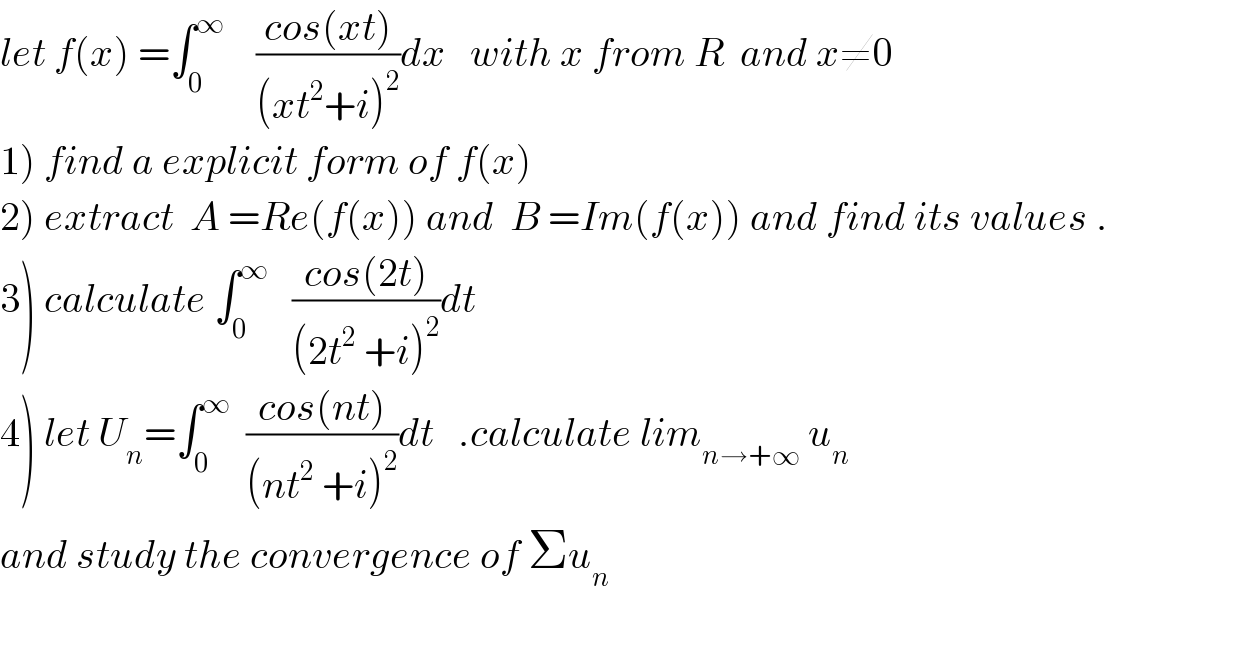
Question and Answers Forum
Question Number 55760 by maxmathsup by imad last updated on 03/Mar/19

Commented by maxmathsup by imad last updated on 04/Mar/19

Commented by maxmathsup by imad last updated on 04/Mar/19

Commented by maxmathsup by imad last updated on 10/Mar/19

